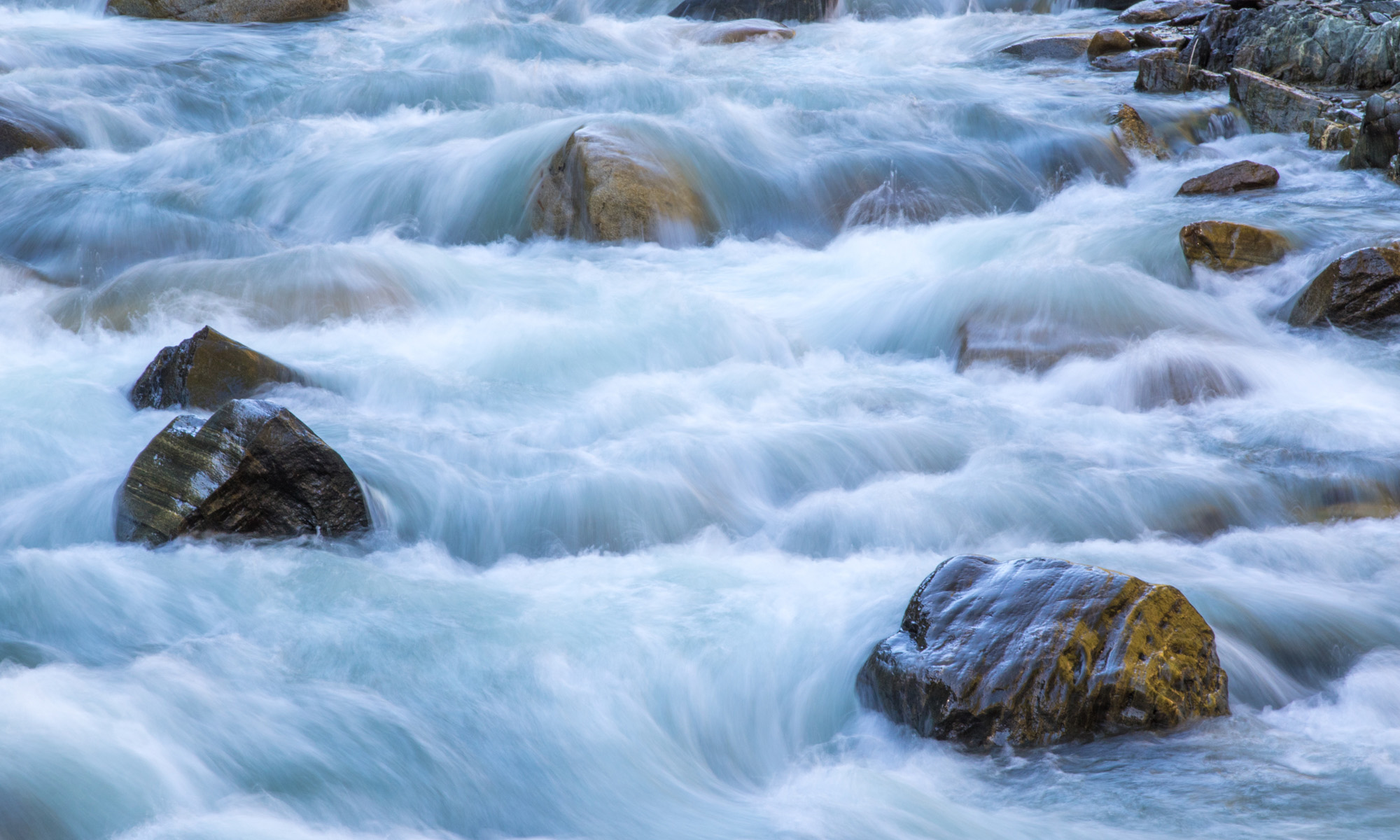Today’s Question: Is there any way I can batch process multiple image sets through HDR Pro in Photoshop, or am I restricted to one set at a time?
Tim’s Answer: In theory there are a few possible ways you might batch process your high dynamic range (HDR) captures using Photoshop or other HDR-processing software. However, I don’t recommend this approach, for two main reasons.
First, HDR processing can be rather labor-intensive. Especially when merging the data to a 32-bit per channel source HDR image (which then gets tone-mapped to produce the final result, or saved to be tone-mapped with other software), there is a tremendous amount of data being processed. In other words, it would be relatively easy to overwhelm even a very powerful computer system.
Second, when it comes to HDR processing there is tremendous variability in terms of the specific settings used for each set of photos. That is especially true when it comes to the tone-mapping phase of processing, where you’re applying adjustments and creative effects to the HDR image. However, it can also be an issue for the initial captures, especially as it relates to alignment, chromatic aberration adjustments, and ghosting removal.
Photoshop does not offer a batch-processing feature as part of the HDR Pro tool. I have seen some scripts that enable batch processing for HDR in Photoshop, and it is possible to batch-process images with Photomatix software as well (among other solutions, I’m sure).
But the bottom line in my mind is that you’re not missing anything, and that it is worth it (in my opinion) to “manually” process each set of photos for an HDR capture. I’ll add, by the way, that while HDR Pro in Photoshop does a good job of creating the initial HDR image, I consider other tools to be better at the tone-mapping portion of the process. For example, you can perform the tone-mapping work in Lightroom for a 32-bit per channel HDR image, or you might look at third-party products such as HDR Efex Pro (part of the Nik Collection from Google) for processing your RAW captures.

